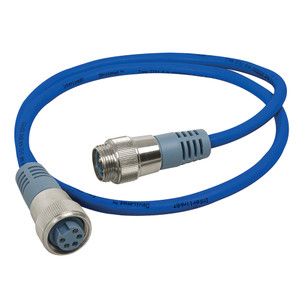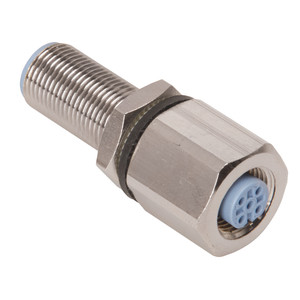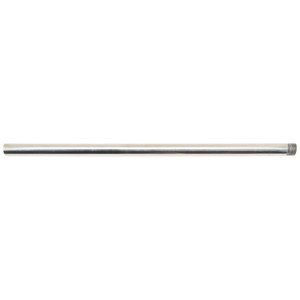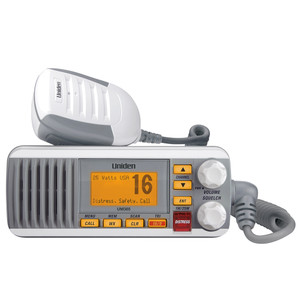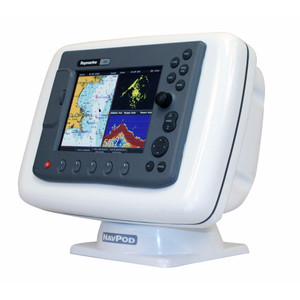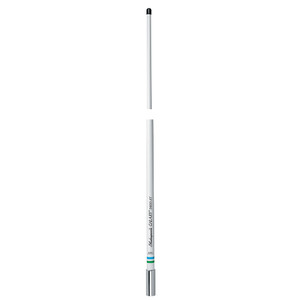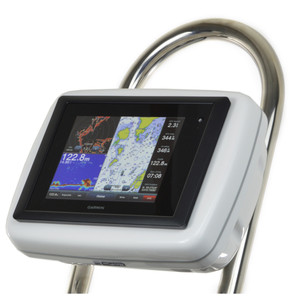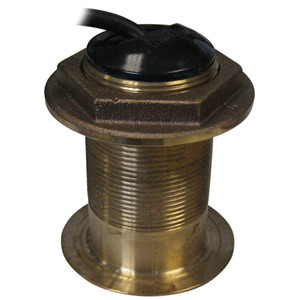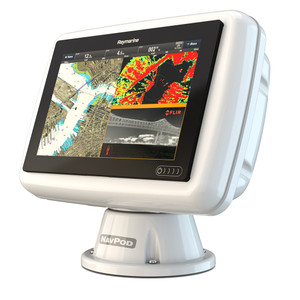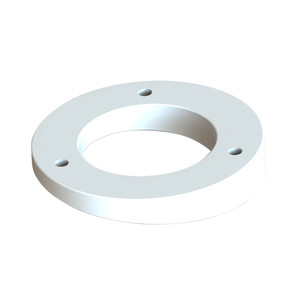
-

-

-

Aigean 24-Port Network Switch - Desk or Rack Mountable - 100-240VAC - 50/60Hz
$62.49$255.00Aigean Networks
-

-

NavPod GP2204 SailPod Pre-Cut f/Raymarine a125 / a127 / a128 f/12" Wide Guard
$447.11$499.99NavPod
-

-

Scanstrut ROKK Mini Mount Kit f/Lowrance HOOK2 & Simrad Cruise - Fixed Mount
$50.63$71.99Scanstrut
-

-

Scanstrut LMP-1 Self Leveling Pole Radar Mount - Raymarine Garmin Navico 2kW & 4kW Domes
$2,634.15$3,180.00Scanstrut
-

-

-

-

-

NavPod PED4406 PedestalPod Pre-Cut f/Simrad NSS7 evo2/B&G Zeus2 7 - Carbon Black
$336.35$369.99NavPod
-

-

-

-

-

NavPod GP1900-13 SailPod Pre-Cut f/Simrad NSS9 evo2/B&G Zeus9 f/9.5" Wide Guard
$393.46$439.99NavPod
-

-

Scanstrut APT-F-150-02 Aluminum PowerTower Radar Mount - 6" Forward Leaning
$404.30$470.00Scanstrut
-

-

-

NavPod GP1080-19 SystemPod Pre-Cut f/Garmin GPSMAP 7410 / 7410xsv / 7610 / 7610xsv
$473.94$529.99NavPod
Advanced Electronics & Navigation Systems for the Modern Mariner
Navigate with confidence with our cutting-edge Marine Electronics & Navigation tools. From GPS to fish finders and chart plotters, we provide the tech to keep you on course and informed. In this blog post, we will delve into the various advanced electronic devices that have revolutionized marine navigation, making it safer and more efficient for mariners worldwide.
1. GPS Systems
Global Positioning System (GPS) technology has become a staple for modern mariners. Offering unparalleled accuracy and reliability, GPS devices help you pinpoint your location anywhere in the world. Here are some of the key benefits:
- Precision: Accurate positioning data ensures you can navigate even the most challenging waters.
- Reliability: GPS systems are known for their consistency and dependability.
- Ease of Use: User-friendly interfaces make it simple to plot routes and waypoints.
2. Fish Finders
Fish finders have transformed the fishing industry by making it easier to locate fish and underwater structures. These devices use sonar technology to provide detailed images of what lies beneath the water's surface. Here's why they are indispensable:
- Efficiency: Save time by quickly identifying fish hotspots.
- Detailed Imaging: High-resolution displays provide clear images of underwater terrain.
- Versatility: Suitable for both recreational and commercial fishing.
3. Chart Plotters
Chart plotters combine GPS capabilities with detailed nautical charts to help mariners navigate more effectively. They offer a range of features that enhance safety and convenience:
- Route Planning: Easily plot and adjust your course using digital charts.
- Real-Time Data: Receive up-to-date information on tides, currents, and other navigational aids.
- Integration: Many chart plotters can be integrated with radar, AIS, and other marine electronics for a comprehensive navigation solution.
4. Radar Systems
Marine radar systems provide critical information about your surroundings, especially in low-visibility conditions. They detect other vessels, landmasses, and weather formations, ensuring you stay informed at all times. Key advantages include:
- Enhanced Safety: Avoid collisions and navigate safely in fog or darkness.
- Weather Monitoring: Track storm systems and make informed decisions.
- Long-Range Detection: Identify potential hazards well in advance.
5. Automatic Identification Systems (AIS)
AIS technology allows vessels to exchange information such as position, speed, and course with other ships and shore stations. This enhances situational awareness and promotes safer navigation. Benefits of AIS include:
- Collision Avoidance: Receive alerts about nearby vessels and take proactive measures.
- Traffic Management: Monitor and manage maritime traffic efficiently.
- Regulatory Compliance: Meet international maritime safety regulations.
6. Communication Systems
Reliable communication is crucial for any mariner. Modern communication systems include VHF radios, satellite phones, and more. These tools ensure you stay connected, no matter where you are:
- Emergency Assistance: Quickly call for help in case of an emergency.
- Coordination: Communicate with other vessels and shore stations for better coordination.
- Global Reach: Satellite communication systems offer coverage even in remote areas.
The Takeaway
Advanced electronics and navigation systems have revolutionized maritime travel, offering unprecedented levels of safety, efficiency, and convenience. Whether you are a recreational boater or a professional mariner, investing in these technologies will ensure you can navigate with confidence. Explore our comprehensive range of marine electronics and navigation tools to find the perfect solutions for your needs.





